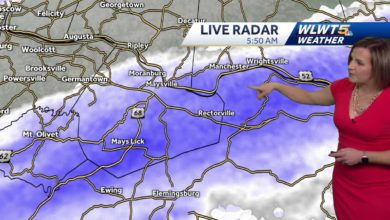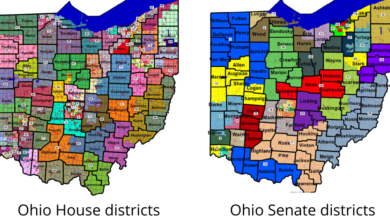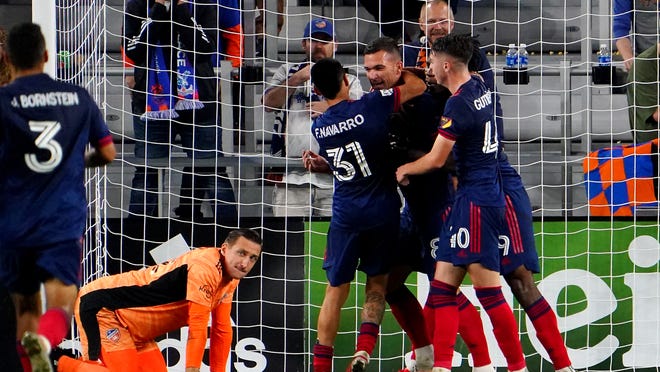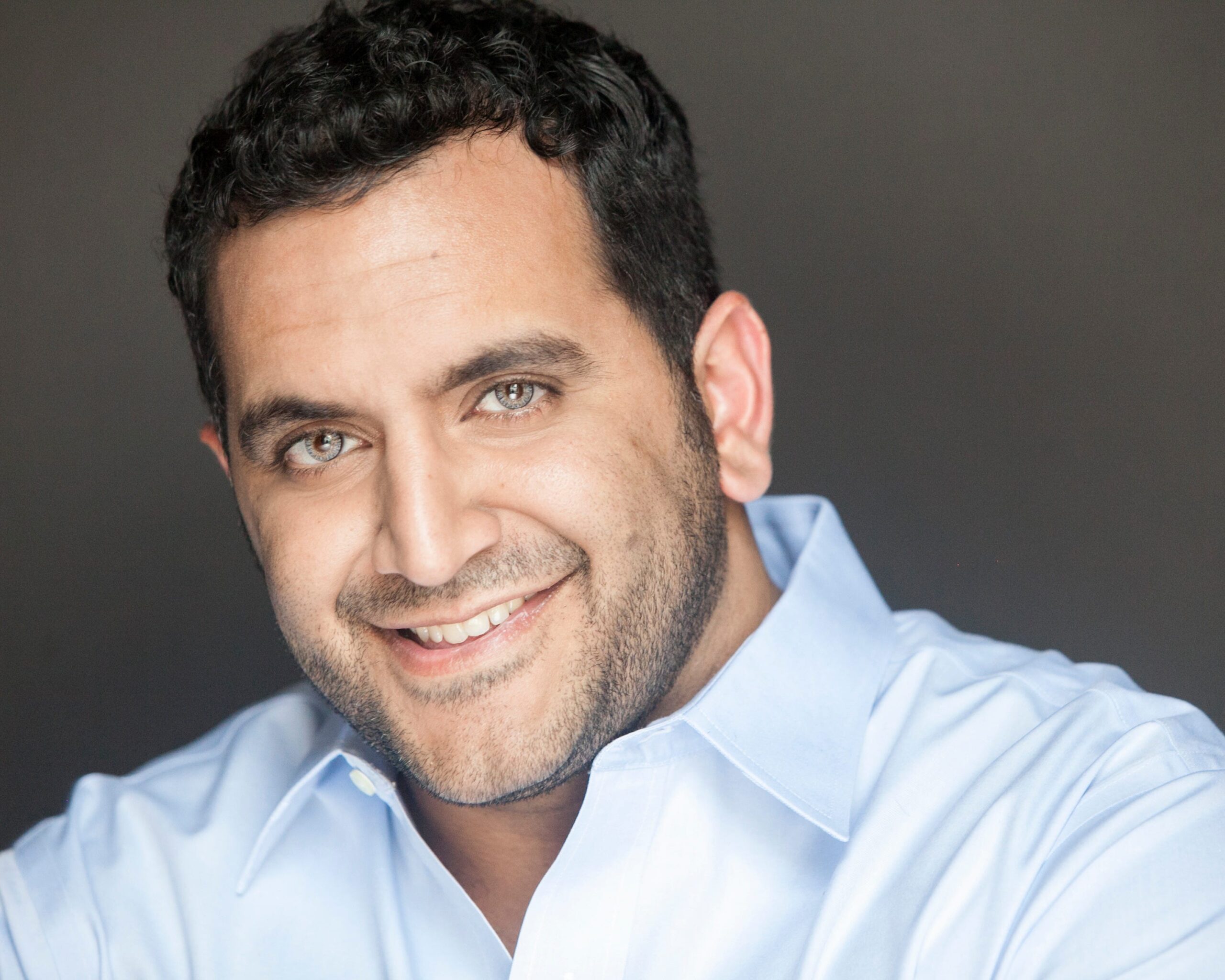
EDITOR’S NOTE: This is a weekly column from former sports reporter and editor Mike Bass. Bass will be contributing to The Enquirer by offering advice for sports fans, athletes and youth sports parents and coaches through a weekly Q&A. You can reach him at [email protected] or on Twitter @SportsFanCoach1.
This is ridiculous, my friend said.
How could a major league baseball player need the energy of a crowd to perform at a higher level?
Javier Baez must need to be the center of attention, the friend concluded.
“Look at me, look at me,’’ the friend said, mockingly.
“Selfish,” the friend called the Cubs’ All-Star shortstop.
The environment matters, I say.
It matters for the players.
It matters for you, too.
More:Bass column: Are Bengals 'jokes' to blame in Hall of Fame snubs?
Why do some fans need to attend a game with other fans to fully experience it? Feeling the highs and lows together. Escaping the world. Connected. Engaged. In the moment.
The environment matters.
And why are some fans losing themselves now as they return to the games? Throwing things at players. Making inappropriate comments. Drunk. Enraged. Out of control.
The environment matters.
We just respond to it in different ways.
Players are not analytics. Players are people. Some play better at home, some on the road. Conditions affect them.
Former outfielder Lou Novikoff wanted his wife to heckle him from the stands when he batted for motivation. Baez wanted in-game video and you at the park last season.
Some players feed off of the energy of a big crowd or a big stage. Some freeze. Some players adjusted to fan-free ballparks last year. Some struggled amid COVID-19 restrictions. Are you really that different?

Does clutter on your desk or background noise affect you? What about people walking past you when you work, or sitting close enough to hear your conversations?
More:Bass column: My son caught a ball! I caught a ball! Everyone has a ball!
You might love your home, but not working there alone in a pandemic. Players might love their workplaces, but an empty park might leave an emptier feeling.
Players can get help. Each MLB team must provide access to a sports psychologist. Some teams also employ mental-skills coaches.
Players can work with coaches on how to tune out crowd noise or to feel inspired by it. The sport doesn’t matter. Olympic athletes have executed thousands of dives, routines and races in their heads, envisioning everything that can happen. It helps them prepare.
Why not you?
I asked one fan client who wanted to stop losing control of his emotions to close his eyes, envision being at a game and describe all that he was seeing … smelling tasting … hearing … and feeling. When I introduced a stressful scenario involving his team, and the fans around him, he could feel his heart racing and his body tensing.
This was his ah-ha moment.
His body was providing warning signs. If he could recognize those early, take some deep breaths or use other relaxation techniques, he could keep his cool and still feel the passion and drama. It takes practice, in your head and then in the game. It’s not about perfect.
It’s about respecting how the environment can affect you.
It can embolden us beyond cheering and booing because, hey, everyone else is doing it. Inhibitions disappear, sometimes alcohol-aided. The ugly in us has reappeared at times, perhaps magnified after isolation.

In the NBA alone, fans have poured popcorn on Russell Westbrook, spit on Trae Young, tossed a water bottle at Kyrie Irving, spewed racist and crude remarks at Ja Morant’s parents, and fought each other at the Suns-Nuggets playoff game. A previous column addressed fans recklessly swarming the 18th fairway during Phil Mickelson’s PGA Championship win.
More:Bass column: Can fans have more Phil Mickelson love after historic PGA Championship win?
The environment also can help us let down our guard enough to high-five strangers and shed our masks. It can comfort us into feeling normal again. It can inspire us.
One Reds fan likened his return to a live game and Great American Ball Park to “a religious experience.” The wait was so rough, he could cite it: “550 days.” He was speaking from a later Reds-Cubs game at Wrigley Field, asked not to be identified because “I’m supposed to be working from home.”
He was just doing what fans do, going where fans go.
“We missed them,” Reds pitcher Amir Garrett said the next day. “The fans are a big part of baseball, even if they're talking mess or just having fun out there.”
Reds manager David Bell said the fans seemed more grateful to be out there again. No doubt.
“They for sure seem more grateful,” Garrett said. “A full year of baseball not being able to sit in the stands, it does something to you a little bit. I can tell.”
A ballpark enlivens you, and you enliven a ballpark. The louder you get, the more you might unnerve or inspire the players. Javier Baez feeds off of your energy. Playing in empty ballparks last season affected him.
“It was the worst, to be honest,” Baez reportedly said in spring training. “It was worse than facing a pitcher in spring training on the back field. I didn’t like it at all.”
The environment matters.
NOTE: Bobby Nightengale contributed to this story.
Remember to email Bass at [email protected] or reach out to him @SportsFanCoach1 on Twitter if you want to be included next week. His website is MikeBassCoaching.com.








